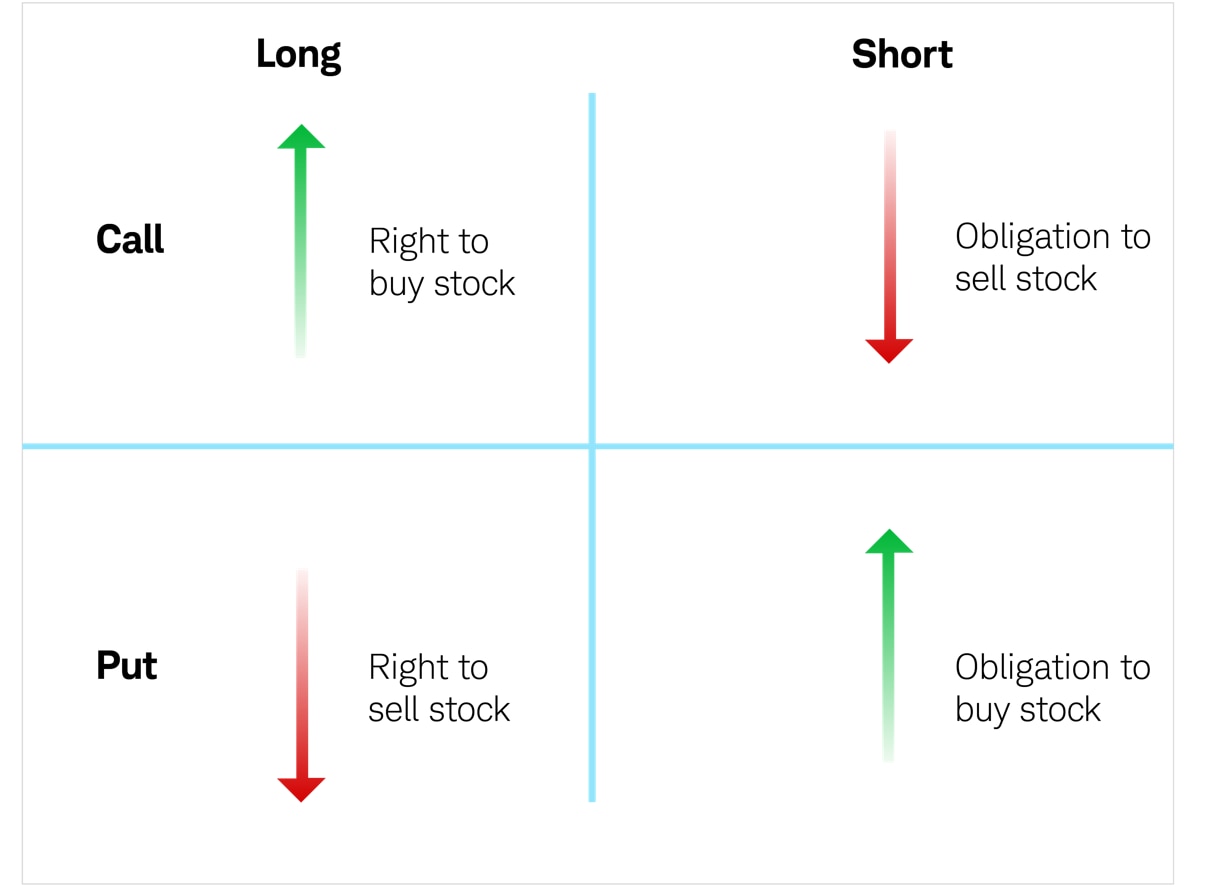Introduction:
Have you ever wanted to learn the secrets of the stock market and make profitable trades without risking substantial amounts of capital? Options trading might be the perfect answer. Options contracts provide a unique way to speculate on the future price of an underlying asset, such as a stock or index, with limited risk and potential for substantial rewards.

Image: www.adigitalblogger.com
In this article, we’ll delve into the fascinating world of options trading, specifically focusing on calls and puts, the two fundamental types of option contracts. Whether you’re a novice trader or have some experience in the market, you’ll find valuable insights and practical tips to enhance your options trading strategies.
Understanding Call Options:
Imagine you’re optimistic about the future of a particular stock. You believe it has the potential to rise in value over the coming months or years. A call option gives you the right, but not the obligation, to buy the underlying stock at a predetermined price (strike price) on or before a specific date (expiration date).
By purchasing a call option, you’re essentially betting that the stock’s price will increase above the strike price before the expiration date. If your prediction is correct, you have the option to exercise the contract and purchase the stock at a price below the current market value, potentially generating a profit.
Introducing Put Options:
Now, let’s explore the opposite scenario. Suppose you anticipate that the price of a particular stock is likely to decline in the future. A put option provides you with the right, but not the obligation, to sell the underlying stock at a predetermined strike price on or before the expiration date.
Purchasing a put option is like an insurance policy against a stock’s decline. If the stock price falls below the strike price before the expiration date, you have the option to exercise the contract and sell the stock at the predetermined price, potentially mitigating your losses.
Advantages of Options Trading:
Options trading offers several advantages over traditional stock trading:
- Limited risk: Unlike investing in stocks, where you can lose the entire amount of your investment, options trading limits your potential losses to the premium paid for the contract.
- Tailored strategies: Options provide traders with the flexibility to tailor their strategies based on their market outlook. Calls are suitable for bullish traders, while puts are ideal for bearish traders.
- Income generation: Selling options contracts can generate income, even if the underlying asset’s price remains stable.
- Leverage: Options provide leverage, allowing traders to control a larger position with a smaller amount of capital compared to buying the underlying asset outright.

Image: www.schwab.com
Risks of Options Trading:
While options trading offers opportunities for profit, it’s crucial to be aware of the potential risks involved:
- Time decay: The time value of an option contract decays as the expiration date approaches. This means that the value of the contract decreases over time, regardless of the underlying asset’s price.
- Volatility risk: Options premiums are sensitive to changes in volatility. If volatility increases or decreases unexpectedly, the value of the option contract can fluctuate significantly.
- Options can expire worthless: If the underlying asset’s price does not move in the direction predicted by the trader, the option contract may expire worthless, resulting in a complete loss of the premium paid.
Options Trading Call And Put
https://youtube.com/watch?v=Mh_8feR85_g
Conclusion:
Options trading offers a unique way to speculate on the future price of an underlying asset with limited risk and the potential for significant reward. By understanding the intricacies of call and put options, traders can develop informed strategies that align with their market outlook. However, it’s imperative to proceed with caution, as options trading involves inherent risks that should be carefully considered before committing capital.






